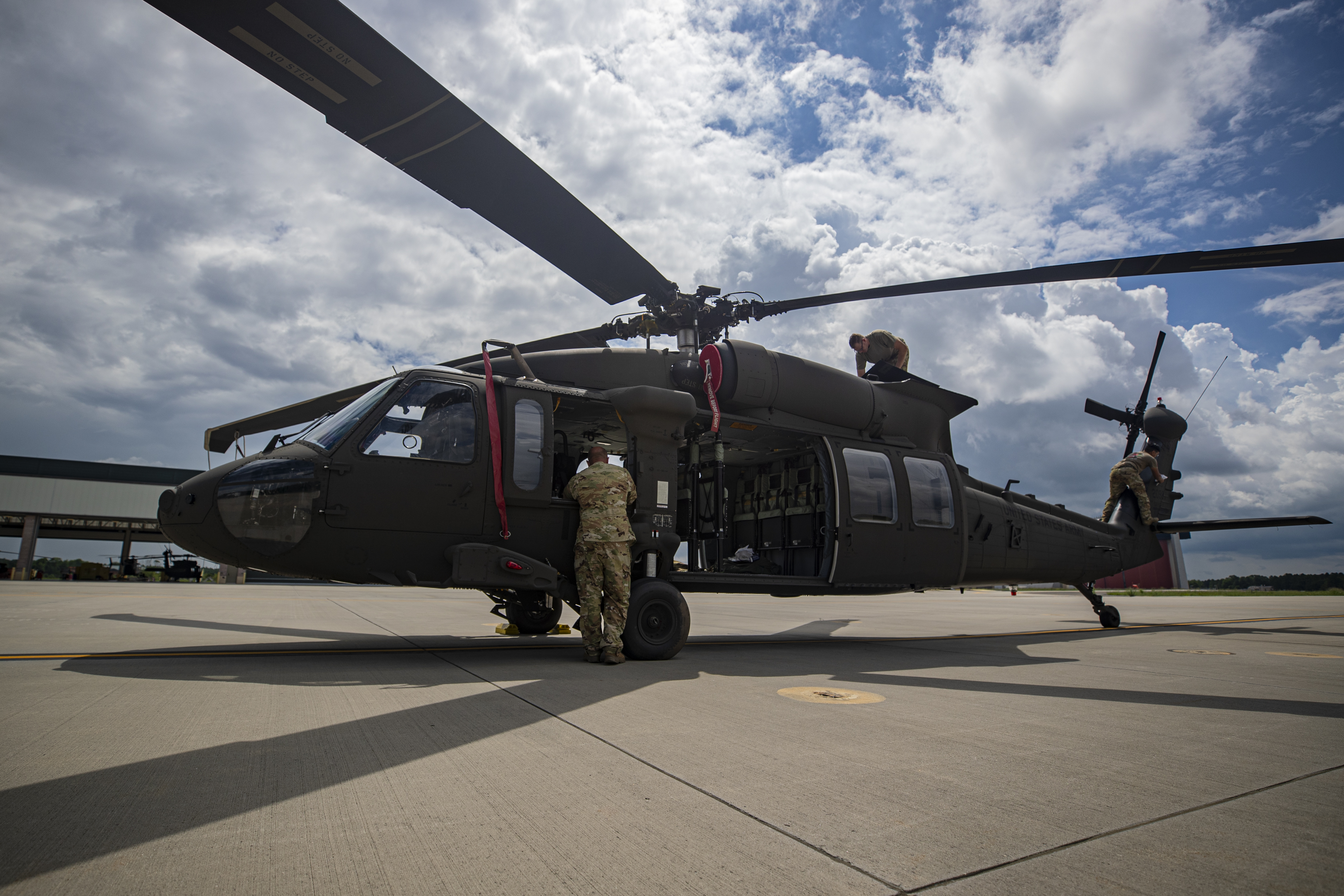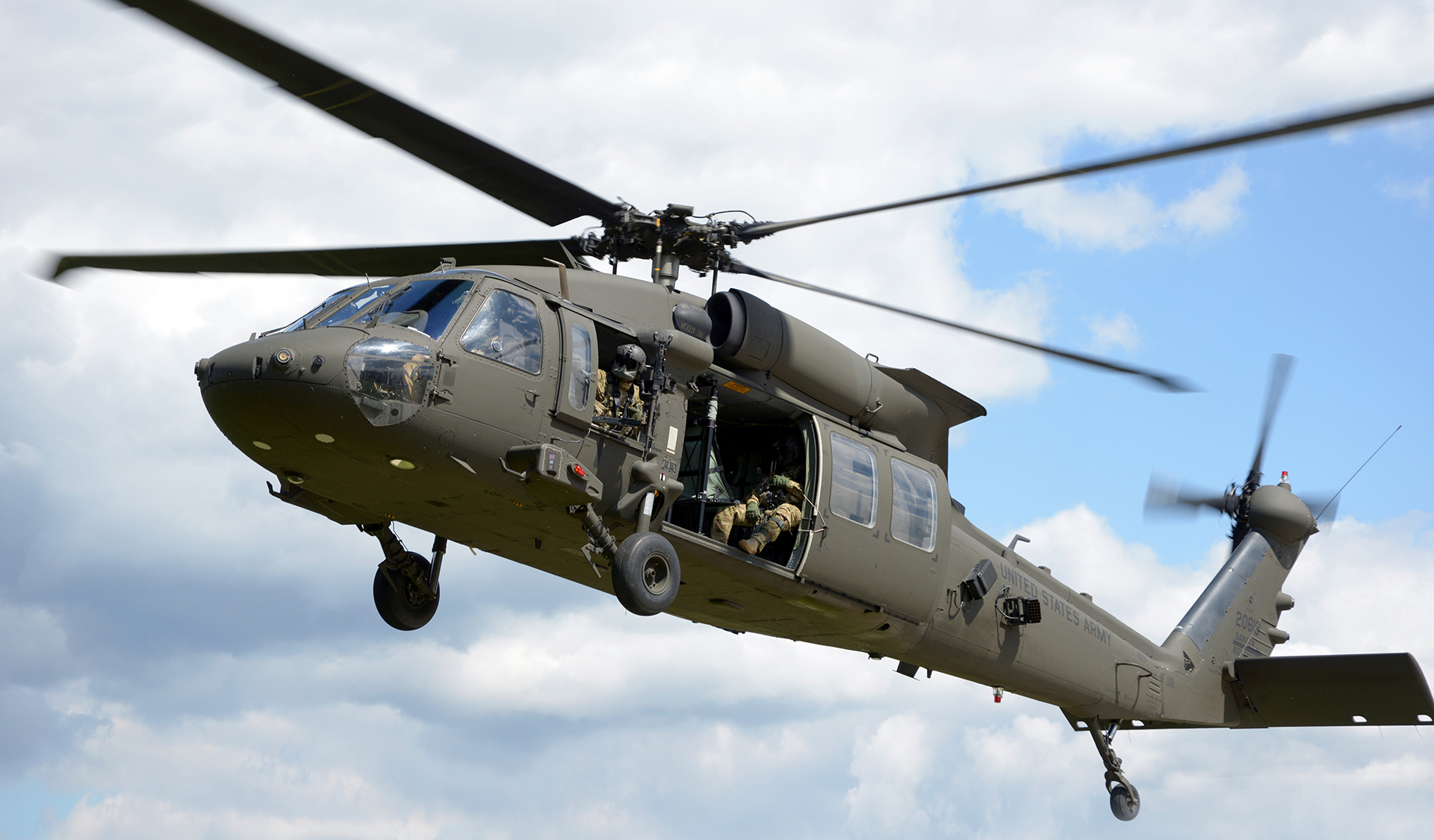UH 60 Helicopter Introduction: Everything You Required to Know
UH 60 Helicopter Introduction: Everything You Required to Know
Blog Article
The Duty of Aircraft fit Global Transportation and Profession Characteristics
The advancement of aircraft has indelibly transformed global transport and trade dynamics, facilitating unprecedented levels of connectivity and effectiveness. With the establishment of durable air freight networks, businesses can now navigate worldwide markets with impressive speed and agility, thus redefining supply chain techniques. This transformation is not without its difficulties, as the aeronautics sector grapples with sustainability worries and regulative pressures. As we explore the multifaceted influences of airplane on worldwide trade, it is important to consider exactly how these elements will certainly shape the future landscape of aeronautics and its function in the economic climate.

Advancement of Air Transportation
The development of air transportation has actually been marked by significant technical innovations and developments that have actually transformed the method individuals and products cross the world. From the Wright siblings' first powered trip in 1903 to the advancement of supersonic jets, each milestone has actually underscored the unrelenting quest of efficiency and rate in air travel. Early airplane were mostly simple, restricted by engine power and structural stability. Nevertheless, the intro of sophisticated products and aerodynamics in the mid-20th century brought about considerable renovations in airplane performance, security, and reliability. uh 60.
The latter part of the 20th century observed the development of business aeronautics as a sensible mode of transport, identified by the introduction of jet engines, which changed flight by substantially minimizing flight times. Additionally, innovations in navigation and communication innovations have actually boosted functional effectiveness and security, permitting even more facility trip courses and routines. The increase of air freight in parallel with traveler solutions has actually even more highlighted the adaptability of air travel. As we look to the future, arising innovations such as electric and independent airplane pledge to redefine the air transport landscape, ensuring ongoing evolution and adjustment to global needs.
Effect On Global Profession
Air transport has greatly reshaped global profession by facilitating the swift motion of products throughout vast distances. This expedited logistics capability allows services to respond swiftly to market demands, thus boosting supply chain efficiency. The capability to transfer subject to spoiling goods, high-value products, and time-sensitive products has opened brand-new markets and possibilities for different markets, significantly influencing trade patterns.
Additionally, the growth of air freight networks has actually fostered globalization, allowing companies to resource materials and items from various components of the world effortlessly. This interconnectedness lowers preparations and prices, allowing companies to remain affordable in a progressively worldwide industry. In addition, air transport plays a critical duty in e-commerce, where customer expectations for fast delivery have driven a surge popular for air products solutions.
The effect of aircraft on global trade extends to the development of tactical trade routes, connecting regions and helping with worldwide partnerships. Nations that buy air transport infrastructure frequently experience enhanced economic development and raised international direct investment. In general, the advancement of air transportation has not only changed the logistics landscape yet has additionally become a vital element in the dynamics of global profession.

Economic Benefits of Aviation
A robust aeronautics industry creates substantial financial benefits, contributing to work creation, tourism, and total economic growth - uh 60. The aviation market sustains numerous jobs internationally, ranging from direct employment in flight terminals and airline companies to indirect functions in industries such as hospitality, transport, and logistics. According to sector records, for every single work in the aviation industry, roughly 3.5 extra work are developed in the broader economy
Tourist is a crucial component of more the economic advantages originated from air travel. Flight promotes worldwide tourism, allowing tourists to check out diverse destinations, which consequently stimulates neighborhood economic climates. Nations that buy their air travel facilities typically experience enhanced traveler arrivals, leading to higher spending on services such as hotels, attractions, and dining establishments.

Additionally, air travel enhances worldwide connectivity, making it possible for services to access brand-new markets and resources successfully. This connectivity cultivates worldwide trade, enabling the quick motion of products, which is crucial in today's globalized economic situation. Therefore, fields such as e-commerce and manufacturing advantage immensely from dependable air transport, further driving economic expansion. In general, the air travel sector stays a cornerstone of economic vigor, highlighting its important role fit contemporary economic situations.
Challenges Encountering the Aviation Industry
Browsing a complex landscape of governing, environmental, and financial challenges, the aeronautics sector faces substantial obstacles that threaten its sustainability and development. Laws surrounding safety and security and security are continually progressing, necessitating ongoing conformity and adaptation from airline companies and manufacturers (uh 60). This can cause boosted operational costs and resource allowance that interferes with technology and development efforts
In addition, ecological concerns have ended up being paramount, with expanding analysis over carbon emissions and sound pollution. The sector is under stress to take on greener methods and innovations, which commonly call for significant financial investment in r & d. Stabilizing these environmental obligations with the need for flight provides a substantial difficulty.
Economic fluctuations, such as climbing fuel costs and geopolitical unpredictabilities, even more make complex the landscape. Airlines frequently come to grips with unstable operating expense and varying traveler demand, which can affect profitability and long-lasting preparation. Labor scarcities and skill voids in essential areas add one more layer of intricacy, impeding operational performance.
Inevitably, dealing with these multifaceted obstacles is crucial for the air travel sector to keep its crucial duty in global transport and trade, while ensuring durability and versatility in an increasingly open market.
Future Fads in Air Traveling
Arising modern technologies and changing consumer choices are positioned to reshape the future of flight considerably. The combination of artificial intelligence and maker learning is anticipated you could try this out to enhance operational effectiveness, improve airport procedures, and enhance customer support. Anticipating analytics will certainly promote much more precise need forecasting, permitting airlines to enhance trip schedules and prices designs.
Sustainability is ending up being a vital motorist in flight, with the aviation sector significantly focused on reducing carbon exhausts. Technologies in aircraft layout, such as electrical and hybrid propulsion systems, are being discovered to satisfy ecological targets. In addition, the adoption of lasting aviation fuels (SAFs) is expected to play a critical role in achieving net-zero emissions by 2050.
Consumer choices are changing in the direction of individualized traveling experiences. Airline companies are purchasing sophisticated information analytics to customize services and improve customer engagement, guaranteeing an extra tailored journey from booking to arrival. Furthermore, the rise of remote job might lead to increased demand for recreation travel, as individuals seek to integrate job and holiday.
Final Thought
The advancement of air transport has actually changed international profession, yielding considerable economic advantages while additionally providing difficulties that require tactical monitoring. The recurring adjustment of the aviation sector will certainly be essential for sustaining its payments to the international economy.
The latter component of the 20th century experienced the emergence of commercial aeronautics as a practical mode of transport, defined by the intro of jet engines, which revolutionized air traveling by drastically minimizing trip times. The surge of air cargo in parallel with passenger services has actually better emphasized the versatility of aeronautics. Additionally, air transport plays a critical function in ecommerce, where consumer assumptions for quick distribution official statement have actually driven a rise in need for air products solutions.
In general, the advancement of air transport has not just changed the logistics landscape yet has additionally become an important component in the dynamics of global profession.
Sustainability is coming to be a vital vehicle driver in air travel, with the aviation market progressively focused on lowering carbon exhausts.
Report this page